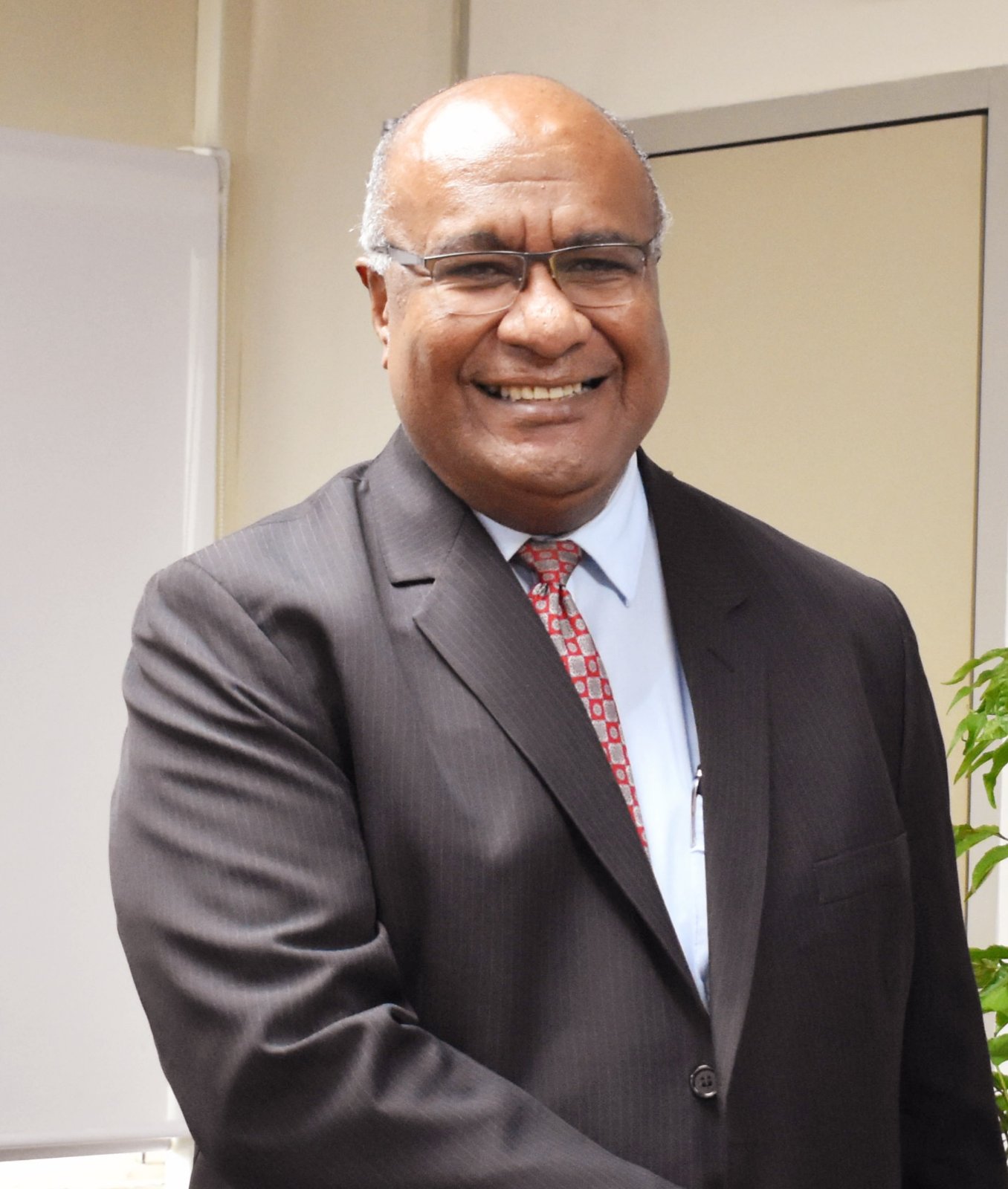WTO Director General, Dr. Ngozi Okonjo-Iweala
Chair of the Negotiating Group on Rules (NGR), Ambassador Santiago Wills
Fellow WTO Ministers,
Excellencies,
Ladies and Gentlemen,
Bula vinaka, good morning, afternoon and good evening to you all.
I would like to thank you, Madam Chair, for convening this important meeting, because the elimination of harmful fisheries subsidies is a priority, and the world is looking at us to reach a meaningful agreement to stop these harmful subsidies as soon as possible.
At the outset, I support the statement made by the Pacific Group and the ACP Group [that is delivered or will be delivered].
Madam Chair,
Fiji re-affirms its commitment to conclude the fisheries subsidies negotiations ahead of the 12th Ministerial Conference. However, we must not rush to conclude just any type of Agreement. We must ensure that Agreement is balanced, meaningful and it delivers on the SDG 14.6. Mandate.
Madam Chair,
Fiji believes that the revised text does not have all the ingredients to conclude the Agreement. Fiji is not satisfied with the current chair’s text. Whilst we welcome a few positive changes in the revised text, significant imbalances remain. The final agreement must require prompt and significant reductions in the level of subsidies providing by the largest subsidisers. Fiji entered negotiations for an agreement to reduce subsidies, not one that will micro-regulate our fisheries management and leave the bulk of subsidies in place.
We in the Pacific, have unique interests and challenges, and fish and fisheries are very important to us. Therefore, Fiji will only endorse an agreement that focuses on the sustainable development, and the protection and preservation of the fisheries resources, in a manner consistent with our own development needs.
Madam Chair,
The one-size-fits-all approach will not work for us, small island developing states. The text is imbalance against our development and small-scale fishers. It will permanently prevent us sustainably developing our own resources, by rewarding the existing distant water fishing fleets that have grown on the back of billions of dollars of subsidies.
Madam Chair,
With regards to second question, Special and Differential Treatment (SDT) is a central part of our negotiations for a discipline on subsidies to overcapacity and overfishing. We recognise that the text recognises the need for a de minimis provision for small fishing nations, and we welcome this inclusion across the two alterative sets of language. But attempt to reduce SDT to time bound and territorial sea bound carve-outs is simply unacceptable for us. In short, the current approach penalizes us for never having been major subsidies.
It is equally outrageous that access to SDT should be conditioned on small island developing states fulfilling onerous reporting requirements on non-subsidy matters. The WTO is not a fisheries management organization.
Madam Chair,
In Fiji, 65% of the population are coastal dwellers, and comprises 850 coastal communities, whose livelihood is dependent on small-scale artisanal fisheries. Hence, sustaining our fisheries is imperative for the socio-economic prosperity of our nation and the people. S&DT must therefore provide policy space for small Members like the Pacific, which have healthy stocks to develop their capacity to fish and utilise the resources in future.
Madam Chair,
Fiji remains committed to a multilateral trading system and we therefore express our willingness to further discuss the proposal for an acceptable de minimis threshold of global marine catch as an exemption for small fishing nations in due course.
It is of paramount importance that Members meet their responsibilities as we look forward to having the right balance of disciplines in fisheries subsidies for the sake of our environment, our ocean, food security and livelihoods of our people.
Madam Chair, I thank you for giving me the floor.



